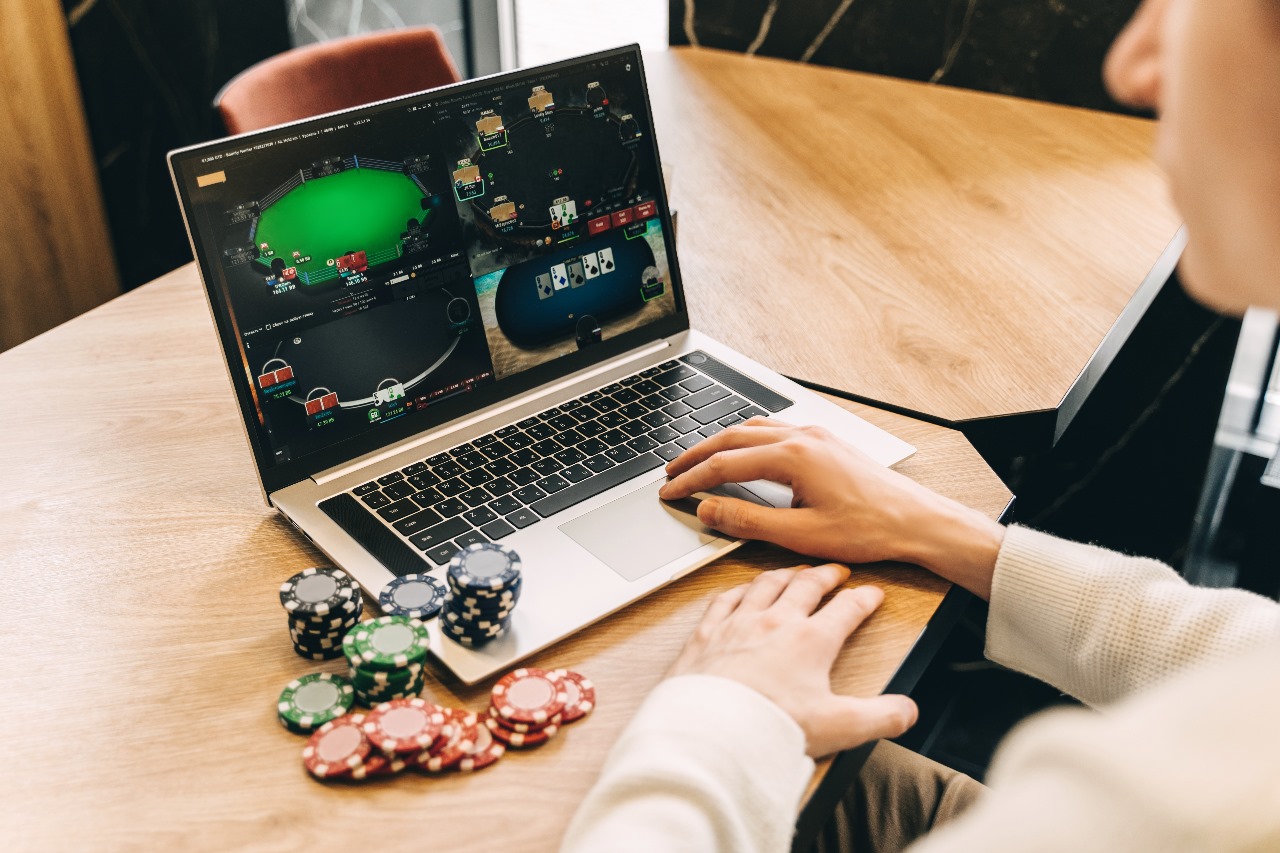
Poker isn’t just a game of cards; it’s a battleground of the mind. In “Mastering the Mind: Elevating Your Poker Play with Psychological Strategy,” we delve into the often-overlooked mental aspect of poker. This comprehensive exploration examines how mastering psychology can transform good players into exceptional ones, transcending the realms of mere strategy and odds calculation.
The Psychological Arena of Poker
Consider poker a complex interplay of emotions and mental fortitude, akin to a high-stakes psychological chess match. Each player’s mental architecture, molded by their unique life experiences and personal resilience, plays a critical role in their approach to the game.
Tilt: The Mental Pitfall
Tilt in poker is akin to losing one’s navigational compass in a stormy sea of emotions. It’s when frustration, anger, or anxiety commandeers rational thought, leading to a cascade of poor decisions.
Combatting Tilt with Emotional Intelligence
- Self-Awareness Training: Cultivate an acute awareness of your emotional triggers and responses.
- Cognitive Restructuring: Challenge and reframe negative thought patterns that lead to tilt.
- Stress-Relief Techniques: Develop personalized techniques for stress relief, such as physical exercise or engaging in hobbies outside of poker.
The Double-Edged Sword of Confidence
Confidence in poker should be like a well-tuned instrument, striking the right chord between assertiveness and humility. Too little, and opportunities are missed; too much, and the fall is hard and unexpected.
Developing Balanced Confidence
- Mentorship and Coaching: Seek guidance from experienced players or coaches to build a grounded and effective poker strategy.
- Continuous Learning: Embrace an attitude of lifelong learning, constantly seeking to expand your knowledge and skills.
The Rollercoaster of Variance
Variance in poker is inevitable. Embracing this reality and preparing for its fluctuations is key to maintaining mental equilibrium.
Resilience: The Comeback Power
Resilience in poker is about more than recovering from a bad game; it’s about using setbacks as springboards for growth and improvement.
Mindfulness and Concentration
The ability to concentrate amidst the chaos of a poker game is what separates amateurs from professionals. Mindfulness practices can significantly enhance focus and decision-making skills.
Emotional Intelligence in Action
Emotional intelligence in poker involves understanding and managing your emotions and decoding those of your opponents. It’s a powerful tool for gaining a strategic edge.
Developing a Long-Term Mindset
A long-term perspective in poker equips players to navigate the ups and downs with grace and strategic foresight.
Expanding Your Mental Game
- Creative Problem-Solving: Engage in activities that stimulate creativity and unconventional thinking.
- Networking with Fellow Players: Exchange ideas and strategies with other players to broaden your mental horizon.
- Journaling Your Poker Journey: Keep a journal of your poker experiences, reflecting on both the technical and emotional aspects of your play.
Learning from Poker Greats
Study the careers and strategies of poker legends. Understand how they’ve mastered their mental game and learn from their approaches and philosophies.
Building Mental Endurance
Mental endurance is as vital as physical stamina in poker. Regularly engage in mental exercises to build endurance, like meditation or brain games.
Navigating Poker’s Social Dynamics
The social dynamics at a poker table can significantly influence your mental state. Understanding how to navigate these dynamics can give you an additional edge.
